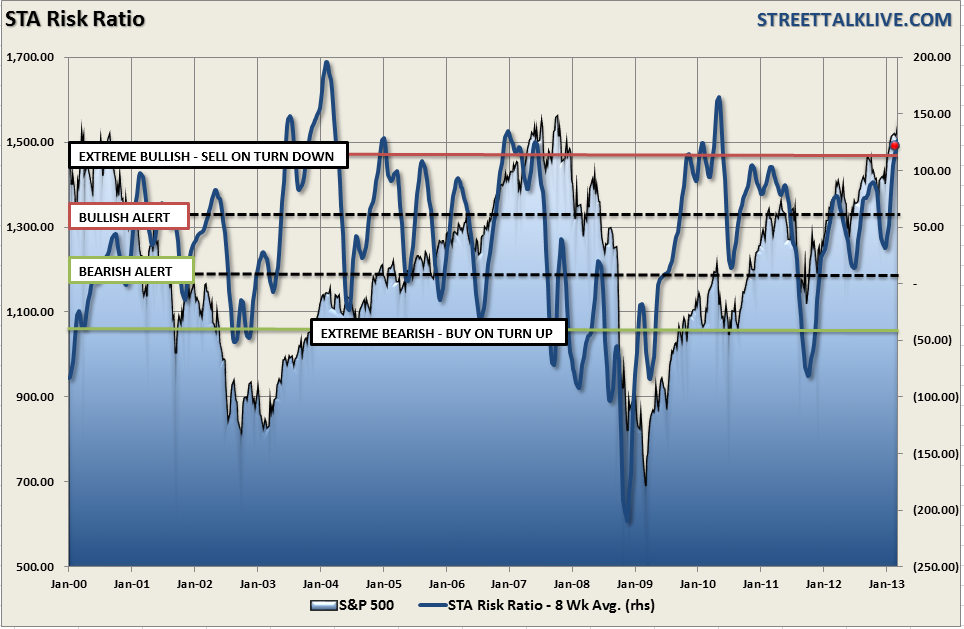“There is an interesting paradox at work as central banks suppress interest rates.
Correspondent Mark H. recently asked: “What is your take on what the outcome will be if/when interest rates start rising?” Let’s break this excellent question into two parts: 1) what might cause rates to rise, and
2) what consequences will likely result from rising rates/yields?
There are two articles of faith in the central-bank religion:
1) We can keep interest rates near-zero for as long as we deem necessary, and
2) We can suppress inflation at will, too.
The question is: can they do both at the same time for as long as they wish?
If either interest rates or inflation (and they are correlated) start rising, the central banks’ claims of control evaporate.
There is an interesting paradox at work here:
The only way central banks can keep interest rates low is to buy the bonds issued by their respective governments, i.e. monetize the sovereign debt. They do this by creating money out of thin air, i.e. expanding their balance sheet with government bonds and other debt instruments such as home mortgages.
Theoretically, the Federal Reserve could continue to artificially suppress rates by expanding its $3 trillion balance sheet to $30 trillion.
Since there is an unlimited buyer for low-yield bonds (the central banks), there is no market pressure for higher rates. Why raise yields when you can sell trillions of dollars of low-yield bonds to the Federal Reserve, Bank of Japan, etc.?
By buying the new debt with newly created money, the central banks have marginalized the market’s ability to transparently price risk and credit: the bond market has in effect been captured by the central banks, who can counter any reduction in demand with newly created money.
But the central banks don’t control where all this newly issued money goes. If it goes into the real economy, it triggers inflation; if it goes into assets, it inflates asset bubbles.
Inflation and bubbles have consequences. Inflation eats away at the purchasing power of wages, and since interest rates are already near-zero, the central banks’ game of enabling lower payments by lowering interest rates has run out of room. Once inflation kicks up, the central banks will not be able to fight it except by raising rates, which will quickly choke off consumer spending and the auto and housing markets.
If the central banks keep pumping money into asset bubbles, they are playing with a ticking time bomb, as every asset bubble in history eventually pops: the bigger the bubble, the more spectacular the implosion. The more the central banks inflate assets, the deeper the eventual crash.
Inflation and asset crashes share one characteristic: they undermine the credibility of the central state and central bank. The Federal Reserve and other central banks have claimed monetary omnipotence for years, and they have staked their credibility on keeping inflation and interest rates low and boosting the prices of assets such as stocks and bonds.
Higher rates undermine both stocks and bonds. Every existing bond loses market value as rates climb, and the reason to own a stock paying a 2% dividend fades rather quickly when bonds start paying 5+%. Needless to say, rising rates that choke off consumption won’t be positive for corporate profits, either.
In other words, the central banks can’t have it both ways. If they keep printing money (expanding their balance sheets), the new money will go somewhere. If it goes into the real economy (no sign of that yet), the flood of new cash will spark inflation in at least those resources and goods where labor costs are not the primary factor (oil and agricultural commodities, for example).
Since labor is in over-supply (see How I Became a Trillionaire (and Some Thoughts on Inflation), this will not be the sort of inflation where wages will rise along with the cost of goods and services: wages will continue to stagnate as costs of essentials rise. That is a recipe for stagflation and recession.
If the flood of central-bank money continues flooding into assets, eventually it chases essential commodities such as oil and grain, sparking inflation via the back door, not from supply-demand issues but from money-printing-driven speculation.
All the central-bank inflated asset bubbles will pop, impoverishing those who gambled with debt (margin) and triggering yet another financial crisis….”
Full article
Comments »



